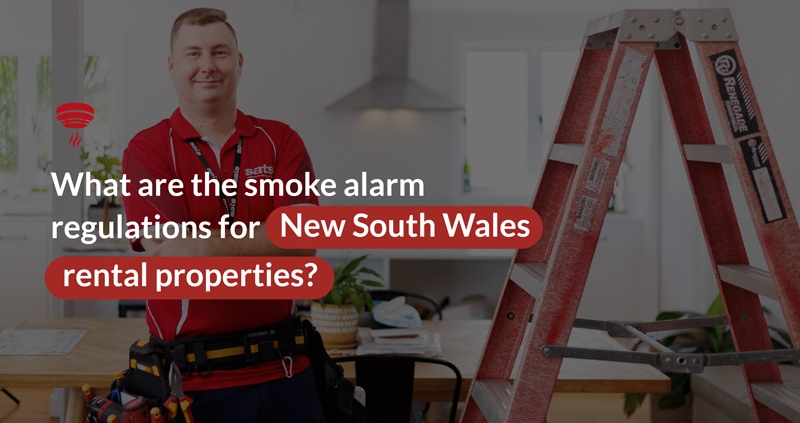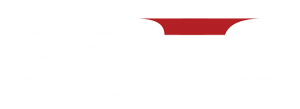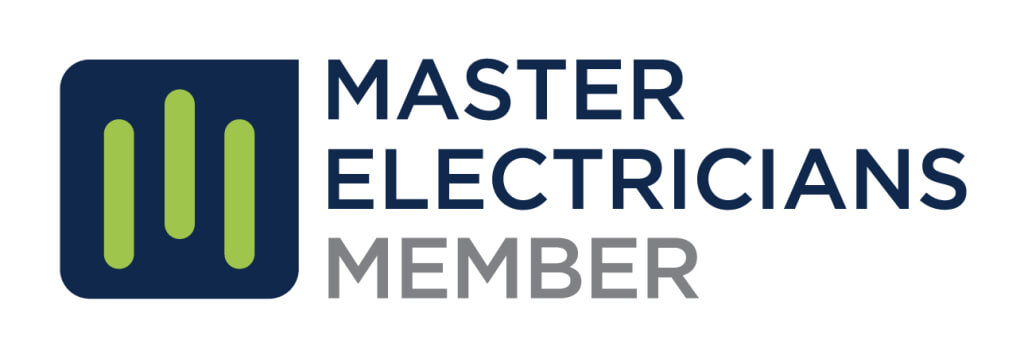What are the smoke alarm regulations for New South Wales rental properties?
Whether you’re a landlord, property manager or tenant in New South Wales, it’s vital you know the legislation for smoke alarms. Penalties apply for landlords who are non-compliant.
The legislation has changed in the past few years, making it crucial that your property is up to date with the latest requirements for smoke alarms, where they are placed inside your dwelling, and how often they are tested and replaced.
There are also different requirements now for landlords and their obligations in terms of testing and ensuring smoke alarms are in good working order.
“Yes, it’s the law, but complying also means you could save lives if the worst happens,” says Smoke Alarm Testing Services National Operations Manager Amber Mckenzie.
“Having regularly tested and maintained smoke alarms could be the difference that stops a tragedy unfolding in your property.”
Smoke alarm regulations for landlords and tenants in NSW
New legislation was introduced on March 23, 2020. It now states that NSW landlords and property managers need to ensure that smoke alarms in rental properties are maintained and in proper working order.
Tenants must notify their landlord or property manager if a smoke alarm is malfunctioning or needs a battery changed.
When tenants report that smoke alarms are malfunctioning, landlords and property managers have only 2 working days to replace, fix, or replace batteries in smoke alarms that aren’t functioning properly.
The onus is also on the landlords and property managers to test smoke alarms every year.
It is possible for tenants to replace smoke alarms or batteries, or to contract a licensed electrician to do it for them if the landlord or property manager hasn’t restored the smoke alarm within 2 business days. Learn more about that here.
Mckenzie says leaving the responsibility with the tenant – regardless of how good they are – is a huge risk for landlords and property managers.
“Landlords need to know that their properties are locked into a rigid smoke alarm inspection testing and maintenance routine each year,” she says.
“The fact that so many smoke alarms are hardwired now, and many are interconnected, means they need a qualified electrician or technician to keep them functioning in a way that saves lives and keeps properties from tragedy.”
Landlords and property managers need to ensure that:
- All smoke alarms are tested annually
- Smoke alarms are replaced within 10 years of their manufacturing date (or earlier if specified)
- Batteries are replaced annually (period may vary for lithium batteries, check the manufacturer’s guidelines)
- Landlords and property managers need to give at least 2 business days’ notice to inspect or assess smoke alarm repair or replacement
- Landlords and property managers need to give at least 1 hour notice to do smoke alarm repairs or replacements
What about smoke alarms in short-term rental accommodation?
From 30 July 2021, all dwellings proposed to be used for short-term rental accommodation are required to be registered on the new STRA Register.
Registration ensures that all short-term rental dwellings satisfy the new fire safety standard, as well as having the ability to capture the number of days a dwelling is used for STRA.
Where should smoke alarms be installed?
The Environmental Planning and Assessment Regulation 2000 says that smoke alarms need to be installed in all buildings in NSW where people sleep. The legislation says landlords are responsible for ensuring their properties meet the minimum requirement of having at least one smoke alarm on each level of a property.
The smoke alarms installed must also meet the requirements of Australian Standard AS 3786, Smoke Alarms. Of course, Fire and Rescue NSW recommends you go beyond the minimum requirements.
So where should smoke alarms be installed?
- Smoke detectors must be placed in:
- Hallways near bedrooms
- If bedrooms are in different parts of the house, you must have alarms in each location
- If there are no hallways connecting bedrooms, alarms must be installed between the part of the home containing the bedroom and the rest of the house
- Each level of your home, even levels without bedrooms
Mckenzie says smoke alarms shouldn’t be installed in areas that trap hot air, or near windows, doors, fans or air conditioners, which can stop smoke from reaching the alarm.
“Places such as high up in cathedral-style ceilings, the corner of walls and ceilings, or between exposed floor joists can be a real problem,” she says.
“You should also avoid spots that may cause false or nuisance alarms. Areas in or near bathrooms and kitchens can cause false alarms with steam or cooking. And sometimes tenants tend to disconnect them if they cause too many false alarms, which is a big problem.”





